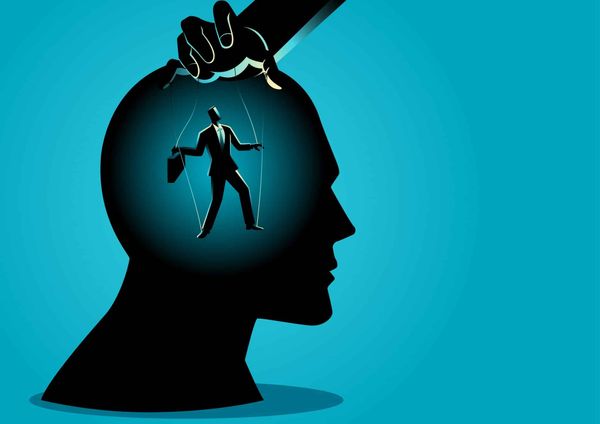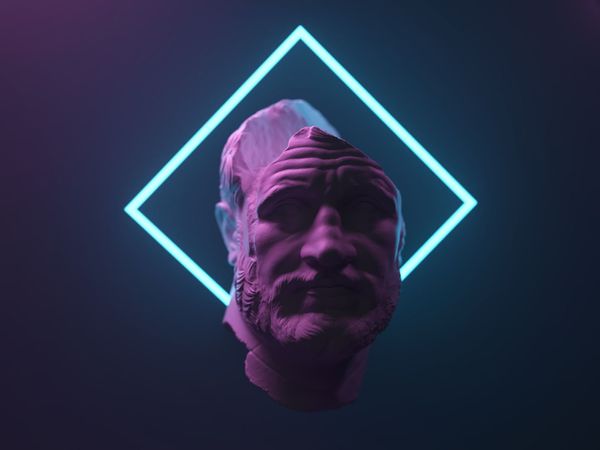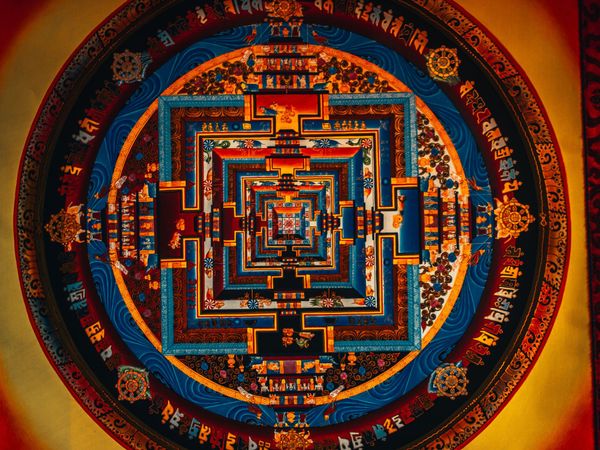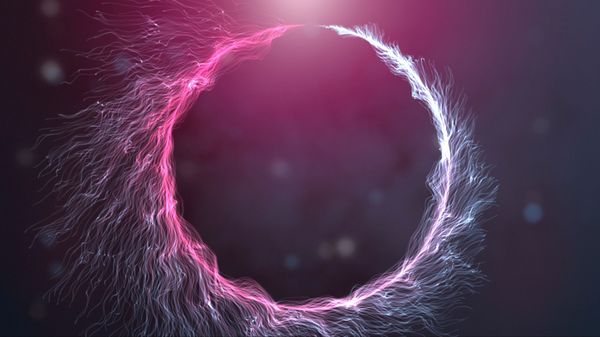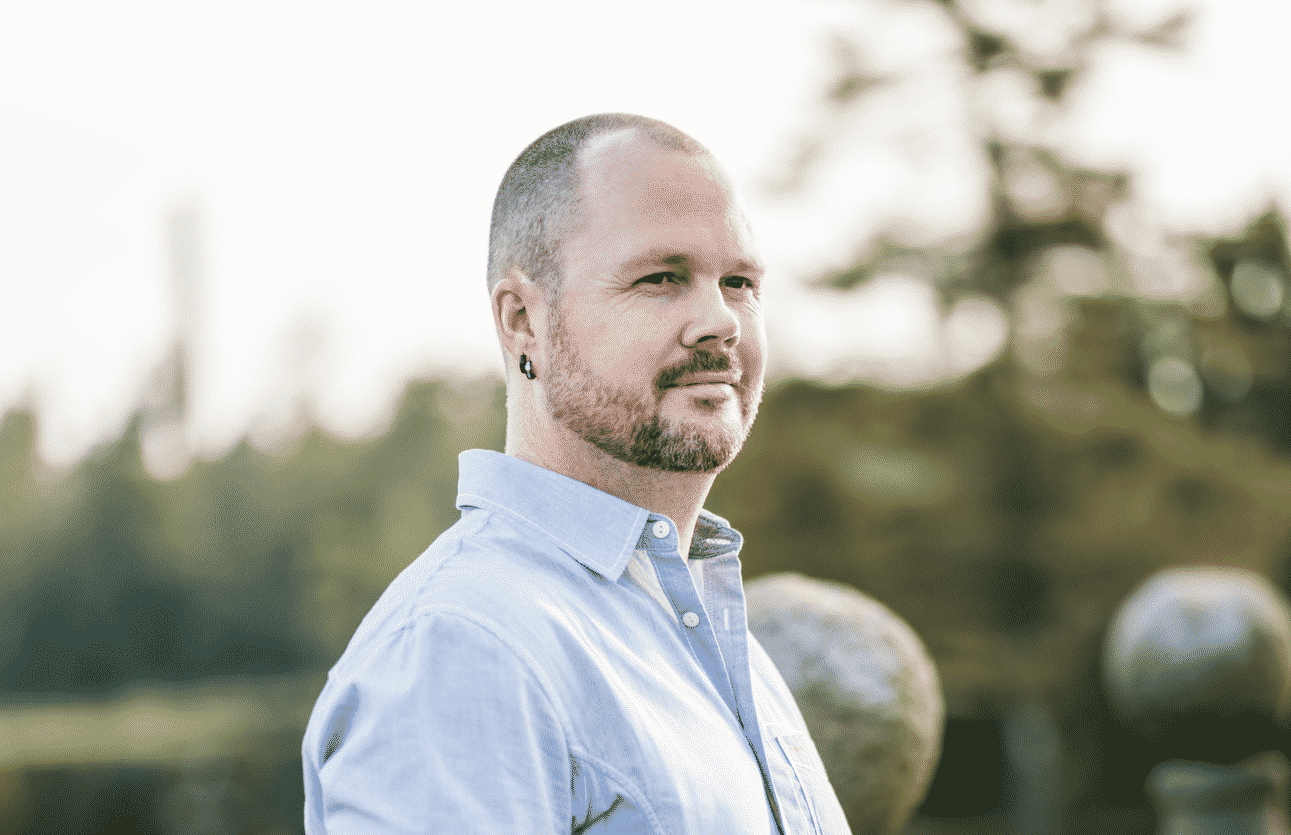Beth MacDonald • • 3 min read
What if Money Were No Object? — Alan Watts on the Meaning of (Your) Life
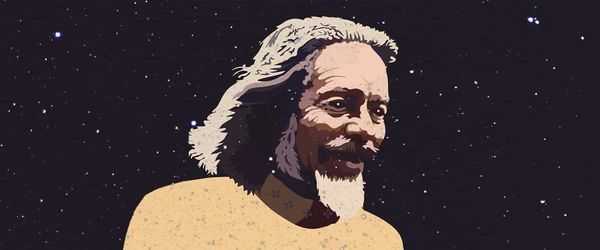
My dear readers, please, by the suggestion of Alan Watts take a moment to ask yourself:
“What do I desire?”
Think about this deeply now.
Take the time to listen to the entirety of Watts’ famous 3-minute “What would you like to do if money were no object?” monologue while pondering what you truly desire, then keep reading:
Is it love? Is it success? How about experience? Or happiness?
In attempt to answer this question, you may have found yourself constantly running into mental obstacles formed as more questions such as: What about money? What about love? What about time? What about everything that is expected of me?
There are just too many detours along the road to desire, most of them dead ends. With such an expansive question, rigged with stock answers by society, your answer may look something like:
“Everything! Nothing? I don’t really know.”
The philosopher Alan Watts spent his career reconciling Eastern Zen practices with Western thought and civilization. In his lectures, Watts explores the makeup of Western society and offers insight that releases us from the confines of our unquestioned social norms. Watts encourages readers and listeners to achieve a state of existence, in which we become the designers of our own experiences, our own identities, and the cultivators of our own happiness.
Read this: 40 Alan Watts Quotes to Quench Your Existential Thirst
To do this, Watts asks you to answer the original question again, but this time eliminate perhaps your greatest perceived obstacle:
“What would I like to do if money were no object? What would you really like to do in my life?”
Watts urges us to detach ourselves from the internalized notion that money will bring us happiness, to relieve ourselves from the impulse to chase something that can offer us some sort of quantifiable understanding of our achievements and our existence—something that is (seemingly) material. He goes on: “If you say that getting the money is the most important thing, you will spend your life completely wasting your time.” To structure your existence with an objective of monetary gain is to spend a lifetime chasing an abstraction; “[Money] is only an accounting of economic energy,” and its relationship to happiness is an ideological construct which denies us the ability to discover our own identity and carve our signature on life.
For Watts:
“Experience is a thing we are taught. We are taught what experiences are permissible and not, just in the same way we are taught what speech is permissible and not, and what actions are permissible and what are not.”
It is so easy to follow what we are taught, to walk the beaten path, but while “Social pressures are irresistible,” Watts directs us towards deviation:
“Clouds never make mistakes. Have you ever seen a misshapen cloud? Have you ever seen a badly designed wave? No, they always do the right thing. So, as a matter of fact, do we, because we are natural beings just like clouds and waves.”
For Watts, a mistake in life is an organic occurrence—in the grand scheme, no mistake at all. Deviation from a normative path surely comes with its own potholes, but missteps form a necessary cycle for natural beings to flow through and to learn from.
A wave, regardless of its design, will constantly rise and fall, much like our journey that comes with its own highs and lows. How do we move through these cycles, and seek what we desire, without giving into pressures? “Trust your own mind,” says Watts; trust that when you make a mistake, you will rise back up; trust that your mind will reveal your desires and permit you the ability to feel what is right. After all, happiness is not quantifiable, it cannot be measured; happiness is a state of being. It can be felt. It requires constant work to be achieved and then achieved again. This is the result of unlearning experiences we are taught and allowing ourselves to listen to our own waves, our own ebbs and flows which compose the events of our life and the cycles of our mind. “You identify yourself with a series of events that you remember.”
How do you want to identify yourself?
What makes you flow?
What makes you rise?
What do you desire?
(If money were no object.)
Read more like this:

